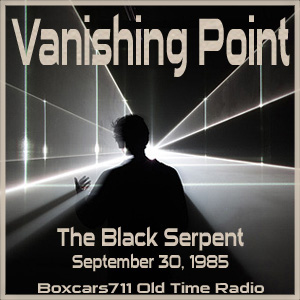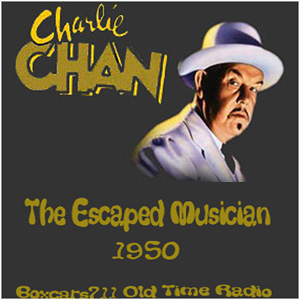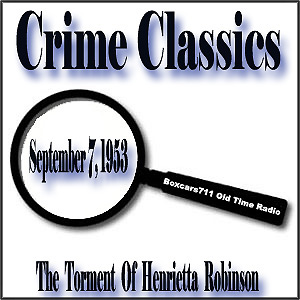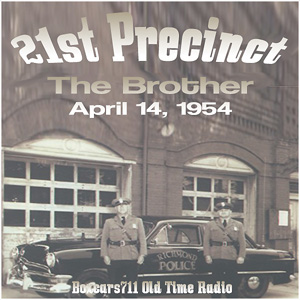The Giant Walks (Aired November 8, 1950)
2000 AD is known as the first of the network science fiction shows, although it ran on Mutual just a month prior to the introduction of the landmark series, Dimension X. It was a half hour of science fiction wonder in an exciting package. The stories have a charm that is always present in science fiction of the future that is written in the past. "When The Worlds Met" takes place "at the giant space port in Washington, temporary capitol of the federated world government as in April 21, 2000 Plus 20 (2020) crowds throng as audio and televox networks cover a space ship carrying in its space hold the first load of uranium taken from the pits of Luna, satellite of Earth.
THIS EPISODE:
November 8, 1950. Mutual network. "The Giant Walks". Sustaining. A mad scientist plans a race of thirty-foot giants to take over the world, and is well on the way toward succeeding. The broadcast may be dated November 5, 1950. Julian Schneider (writer), Joseph Julian, Lon Clark. 27:56. Episode Notes From The Radio Gold Index.














































